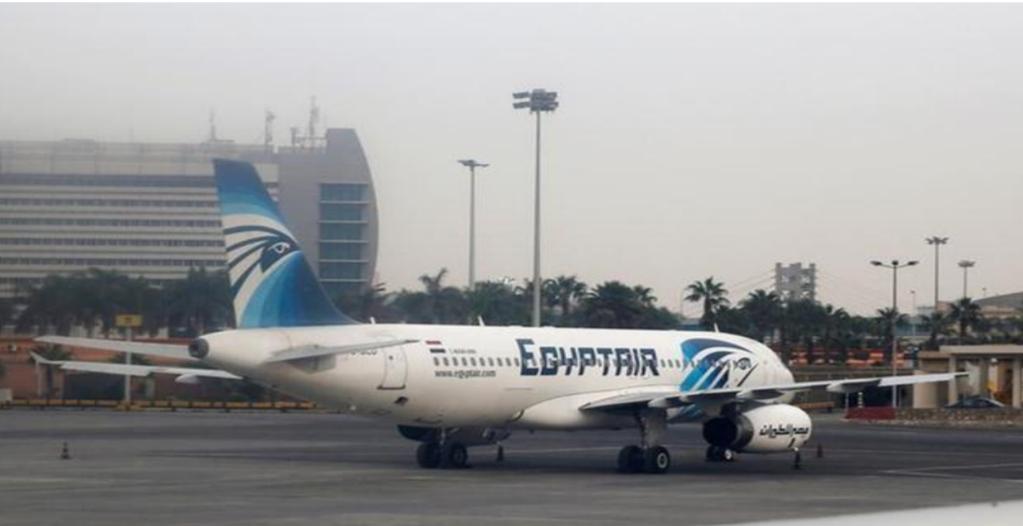Trending Now
- 830 voters names go missing in Kavundampalayam constituency
- If BJP comes to power we shall consider bringing back electoral bonds: Nirmala Sitaraman
- Monitoring at check posts between Kerala and TN intensified as bird flu gets virulent in Kerala
Health & Lifestyle
11 Super Helpful Tips For When You’re Planning Your First International Vacation
![]() April 9, 2018
April 9, 2018
You never forget your first… International holiday, that is. While you may have travelled with your family as a kid, nothing beats the thrill of taking your first independent trip overseas. Most of us dream and start saving for it much before it actually happens. Considering we pour so much of our time and energy into the project, it sucks when things go awry and your dream holiday ends up being a dud. If you’re currently in the middle of daydreaming about, or planning, your first such trip, here are 11 things you absolutely must do.
Check your passport
Sometimes, a long time passes between when you get a visa and before you actually end up travelling. Your passport needs to be valid for at least six months or more to be allowed in most countries. You don’t want to have to realise this after you’re done booking your tickers and making reservations or scramble to get a new passport mere days before you travel.
Make photocopies of everything
Despite your best intentions and precautions, sometimes things can go wrong. In the unfortunate event that you lose your passport and other important travel documents, make sure you have a set of photocopies-digital and physical-as proof of identity to make dealing with local authorities a tad bit easier. Make a couple of copies of your originals and store them in different bags so you always have a backup in case of loss or theft.
Make sure you carry the right adapters!
You’re going to need your electronic devices when you travel and you don’t want to find yourself in the unenviable position of not being able to use them because the voltage and plug type of your chargers differs from the one used in the country. Find out what’s used most commonly in the country you’re visiting and carry adapters, converters, transformers, etc. accordingly.
Don’t overpack
Travelling abroad for the first time is obviously exciting, and you’re going to want to pack in all your favourite and best clothes, but resist the temptation to overpack. It’s a pain to lug heavy bags around and you might not end up using all of it. Plus it won’t allow you to shop, since you’ve already exhausted your weight limit for luggage. As far as possible, pack sturdy clothes that can be repeated several times or those that can be styled multiple ways. Don’t pack too many shoes and definitely pack sensible ones that are comfortable to walk in.
Don’t overbook
In your jitters about first time overseas travel, you might end up planning and booking everything to the last detail. While that might make you feel secure before you travel, it can turn into an irritant once you’re there. Booking everything, right down to the last minute will leave you with very little leeway to change your itinerary, which you are likely to want to do as you meet new people and find what you enjoy more. Book the bigger stuff, like flights, hotels, hostels and trains, but leave plenty of room to let yourself meander.
You’ll never know until you ask
While flying abroad for the first time, or even the initial few times, you’ll find that there’s a lot you don’t know and need help with. That’s nothing to be embarrassed about. Be polite and ask for help, that’s what all the airline and airport staff is for. Immigration forms, customs declarations… Don’t try to wing it or follow other passengers, just ask.
Don’t change money at the airport
Money changing facilities at airports are notorious for giving the worst exchange rates, so it’s better to avoid them, unless absolutely necessary. Ideally, you should be travelling with a small portion of your destination’s currency, about 15 to 20 percent of your budget, and the rest should be in travellers’ cheques or on credit cards.
Find out about travellers cheques and credit card charges
Personally, I find travellers’ cheques to be the best and safest currency while travelling. They’re accepted practically everywhere, are easy to replace in case of loss of theft and require an ID proof to be used, making it that much harder for thieves to use them. Credit cards are convenient too, but can come with massive hidden costs when used outside of the home country, plus most of them don’t require identification before use. Find out what rates your bank and card company is offering and make a choice. Carrying all your money in cash is highly unadvisable.
Try not to be on a very tight budget
As exciting as it is, the unfortunate thing about overseas travel is that everything costs more than what you usually account for. So keep some room in your budget for unexpected expenses. Also, as a first-time traveller, you might not be savvy enough to get the best deals and bargains (it’s okay, it happens to everyone), so to avoid anxiousness about running out of cash through the trip, try not to take your first foreign holiday on a shoestring budget.
Read up on travel advisories
More important than loading up on travel guidebooks is carefully absorbing the travel advisory for particular destinations issued by your own country-particularly if you’re travelling to Islamic countries or regions with sensitive healthcare issues. It’ll help you pack more efficiently, and, more importantly, account for possible medical issues and inoculate yourself accordingly.
You don’t have to see everything
The point of the holiday is to have fun, not cram everything that guidebooks claim are must-sees and must-dos into your schedule. If strolling around the streets gives you more joy than visiting historical monuments, that’s exactly what you should do. Your vacation is not any less for it.























